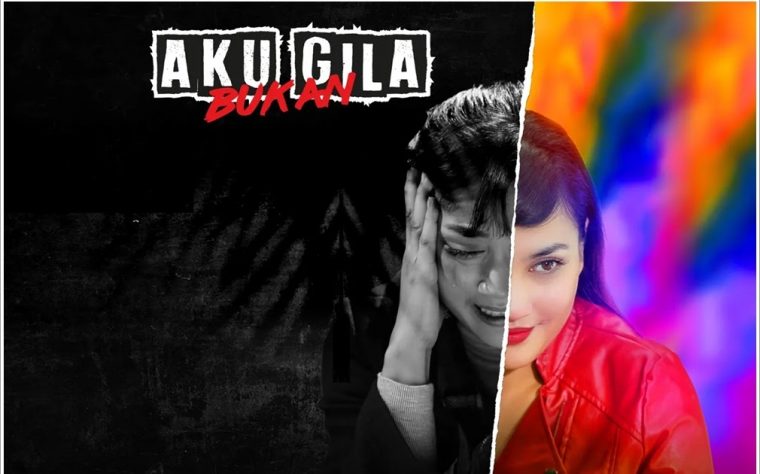
“Saya ini tak pentingkah, Andre? Kenapa ramai orang anggap saya ini tak wujud?”
[Am I not important, Andre? Why does everyone treat me as if I don’t exist?]
Although we Malaysians do enjoy our drama, mental illness has always been a topic that’s seen as too sensitive or taboo to talk about in public. This World Mental Health Day, we’re taking a look at Pencil Pictures and Records’ newest film “Aku Bukan Gila”, which aims to pull back the curtain and provide an insightful look into the issue of mental health.

Starring local entertainment veterans Beto Kusyairy and Fasha Sandha, “Aku Bukan Gila” is a surprisingly eye-opening film that provides viewers with a glimpse of the struggles and challenges faced by those who suffer from mental health problems.
Synopsis
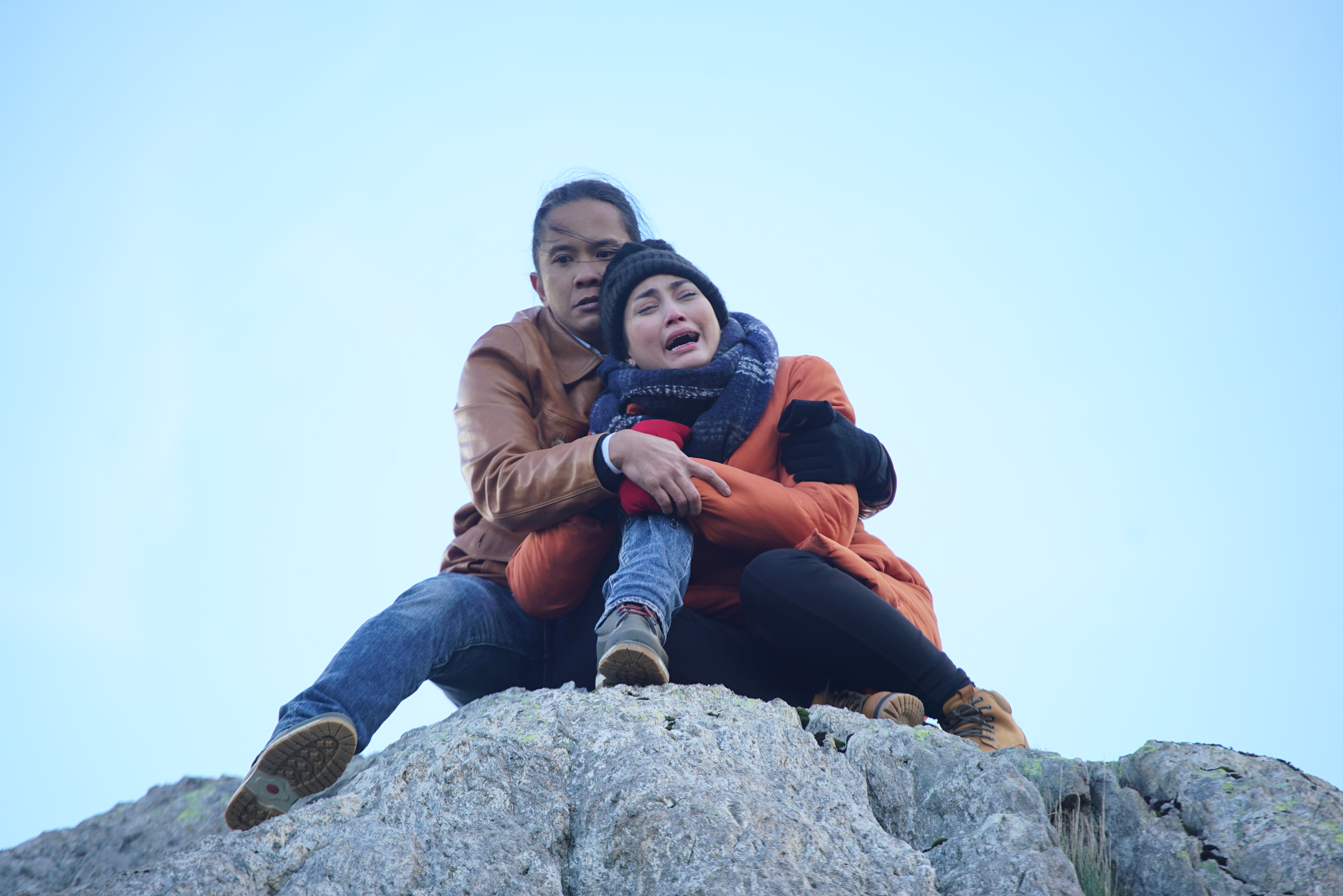
A WeTV iflix original film, “Aku Bukan Gila” tells the story of Adra (Sandha) as she flees to Beddgelert Village in North Wales in an attempt to escape the confines of home and sort her head out after the death of her mother.
While enjoying the beautiful landscapes of Wales, she crosses paths with a fellow Malaysian, Andre (Kusyairy), with whom she does not see eye-to-eye with at first. They eventually work out their differences, but as Adra pries more into Andre’s life and past, he begins to feel uncomfortable and concerned about her unusual behaviour…
Beware! Spoilers ahead!
Even Today, Mental Health is a Taboo Topic For Many Malaysians

I have to confess that in the beginning I didn’t have a lot of expectations for this film.
In my experience, mental illness is a topic that Malaysian films don’t take very seriously; I honestly can’t remember the last time I saw a local production willing to take on this topic without using stereotypes of “crazy people” for the sake of comedy or drama.
However, “Aku Bukan Gila” takes a very interesting approach to the topic of mental health. As the movie goes on, it’s eventually revealed that both the main characters are suffering from some form of mental problems.
Although the root of their illnesses are very different, both of these characters must contend with challenges and difficulties that many might not even be aware of. As someone who once suffered from depression in the past, I was rather impressed that the director chose not to pull any punches when it came to subjects such as anxiety, depression and even self-harm.
Meet the Main Characters
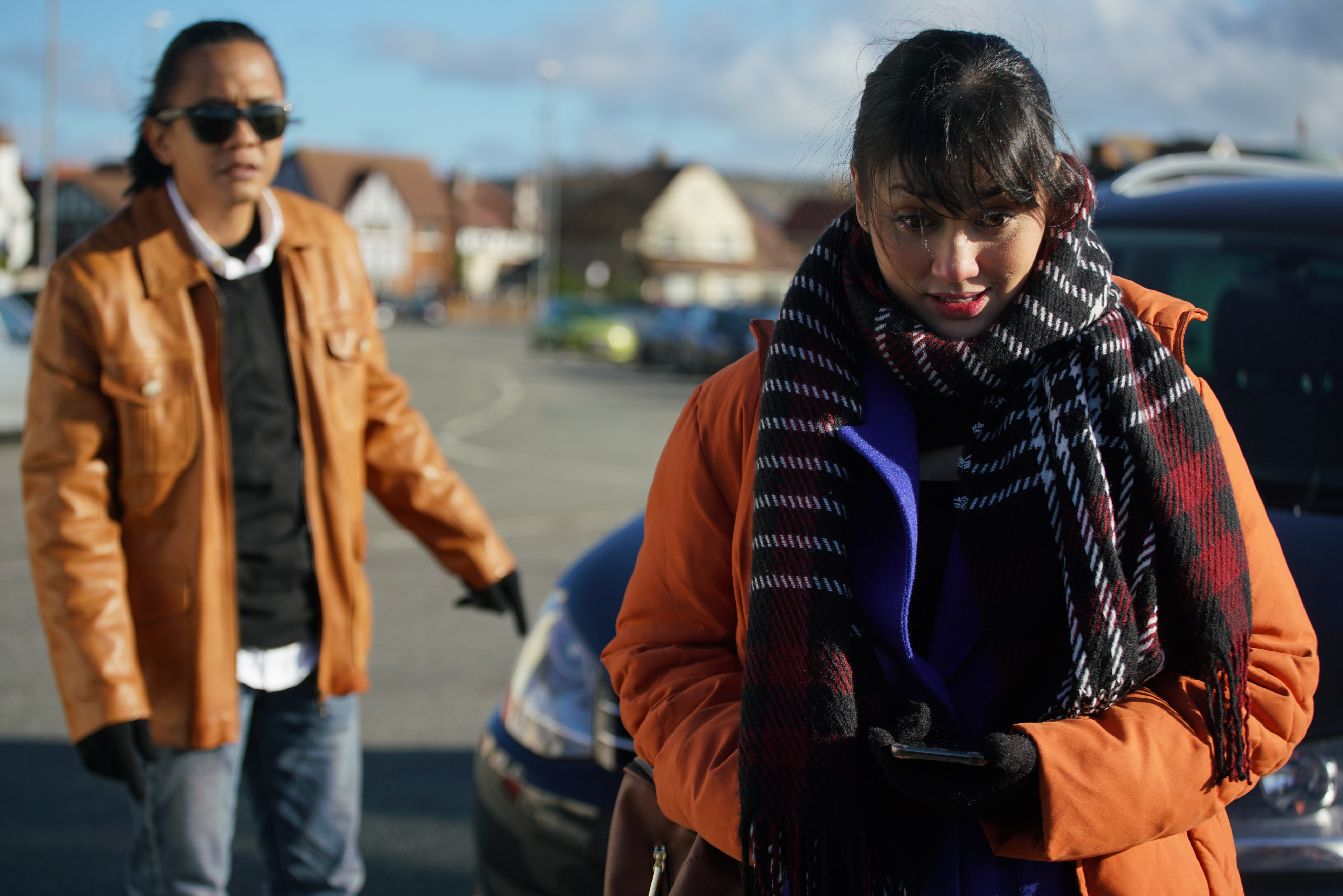
At first glance, Adra can actually seem like a bit of a spoiled brat. She comes from a rich family, which is probably why she can afford to fly alone on a holiday all the way across the world.
Yet despite her happy-go-lucky exterior, Adra is hiding a big secret: she’s been diagnosed with bipolar disorder, meaning that her mental state can quickly swing from exuberant mania to crushing depression.
One day, she’s so happy that she almost skips with excitement while exploring the beautiful Welsh countryside. The next, she’s feeling so down that she starts crying and can’t even muster the energy to get out of bed. She has to take pills to manage her moods, and her mental state very visibly starts getting worse after she runs out.
One of my favorite aspects of this film was the fact that Adra’s illness is very clearly shown as something that she can’t just “get over” — her mood swings were having a serious effect on her daily life to the point where she could barely muster the will to eat or even get out of bed. During her mania phase, she’s so hyperactive and emotional that she walks all the way to Andre’s house at 2am just to have someone to talk to.

Andre, on the other hand, is a humble waiter who moved to the UK years ago in order to make a new life for himself (just don’t ask how he can afford such a big house or car on a waiter’s salary).
Unlike Adra, he hasn’t seen any therapists before despite the fact that he’s obviously struggling with some form of anger management issue. It isn’t as obviously debilitating as Adra’s bipolar disorder, but we do catch glimpses of the problems that it causes in his day-to-day life.
He has a bad temper — one that’s frighteningly easy to trigger. In one of the earlier scenes, he drops his work to chase down Adra and yell at her in public just because he thought that she’d taken a picture of him. Later on, he loses his temper and yells at her again just for asking about his family.
Though his mental illness doesn’t seem as serious compared to Adra’s bipolar disorder, it is quite clearly having some serious effects on his own daily life. It’s implied that Andre’s bad temper is behind the strained relationship with his family. It’s also made it all but impossible for him to have any serious relationships — despite living in Wales for over a decade, the only person he ever seems to talk to aside from Adra is his boss!
What Makes Them so Different?

One of the critical differences between Adra and Andre is in their support structures.
When we meet Andre, we’re shown that he has a good relationship with his boss, Sara, who does her best to support him and helps to manage his behaviour. She reassures Adra that Andre is actually a “kind person” despite his temper, and when Andre encounters a particularly Karen-like customer who refuses to pay for her meal, Sara takes over and allows him to step outside the cafe for a few minutes to cool off.
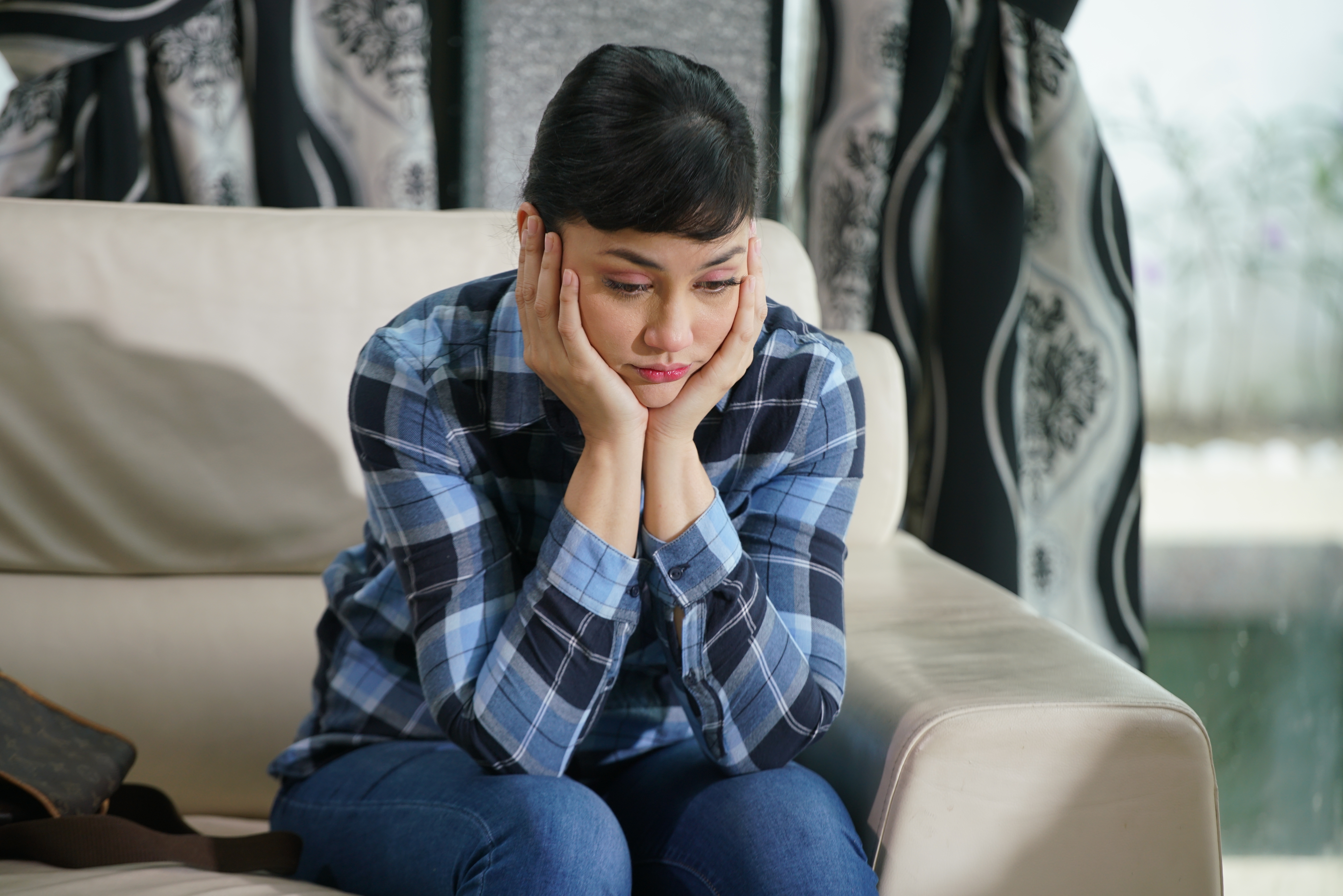
Adra, on the other hand, is all alone — a stranger in a strange country.
She’s grieving for her mother, who recently passed away. Her father is a distant figure at best. When she calls to let him know that she’s arrived safely, he just says “Ok” and hangs up. The second time she calls, he tells her to call back later, then hangs up before she can say anything. The third time, he tells her that he’s getting married to a new woman and that they’ll be holding the wedding before Adra returns from her trip.
The only person who seems to be on her side at the beginning of the film is her therapist, who can’t really do anything to help because he’s all the way back in Malaysia. To make matters worse, the medication Adra’s taking to manage her mood swings runs out in the middle of her vacation, which is part of the reason why her mental state starts spiralling downwards as the film progresses.
The Difference Between Good and Bad Support
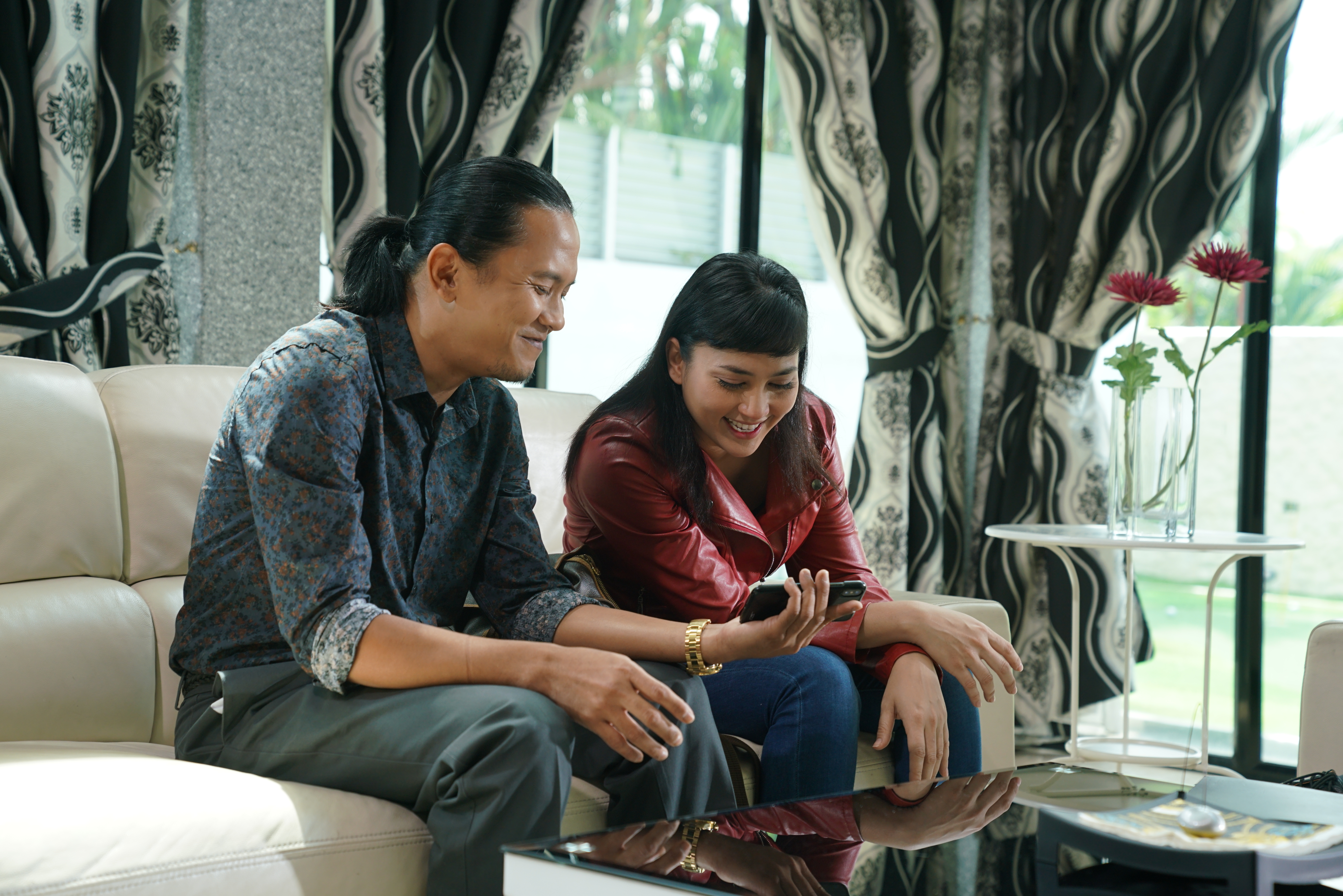
Though she’s probably not a trained therapist, Sara serves as a good example of how to support someone who’s going through a difficult time.
Throughout the movie, she tries to regularly check in on Adra to make sure that she’s doing alright. She brings some food when she realizes Adra hasn’t been eating. She even makes it a point to reassure Adra that “If you need anything at all, come to the cafe. Anything at all.”
Adra’s father, on the other hand, is a terrible support — and a terrible parent in general.
Putting aside the skeeviness of the whole ‘marry a younger woman shortly after my wife dies without even inviting my child to the wedding’ situation, he very obviously has little interest in actually helping Adra or understanding her problems.
“Since I was diagnosed with bipolar, you’ve changed,” Adra points out.
His conversations with her are filled with lots of painfully familiar lines that most people who’ve suffered from mental illness have heard at one point or another: “Don’t talk about this anymore”, “Get yourself together!” and “Stop doing all this nonsense!”
The worst part is when we learn that his idea of ‘helping’ Adra is to promise to bring her to see a bomoh or ustaz after she returns home. It’s very clear that he just wants to cover everything up and pretend that she’s perfectly normal — something that many of those suffering from mental illnesses have likely seen from their own families at some point.
Not Everyone Gets a Happy Ending
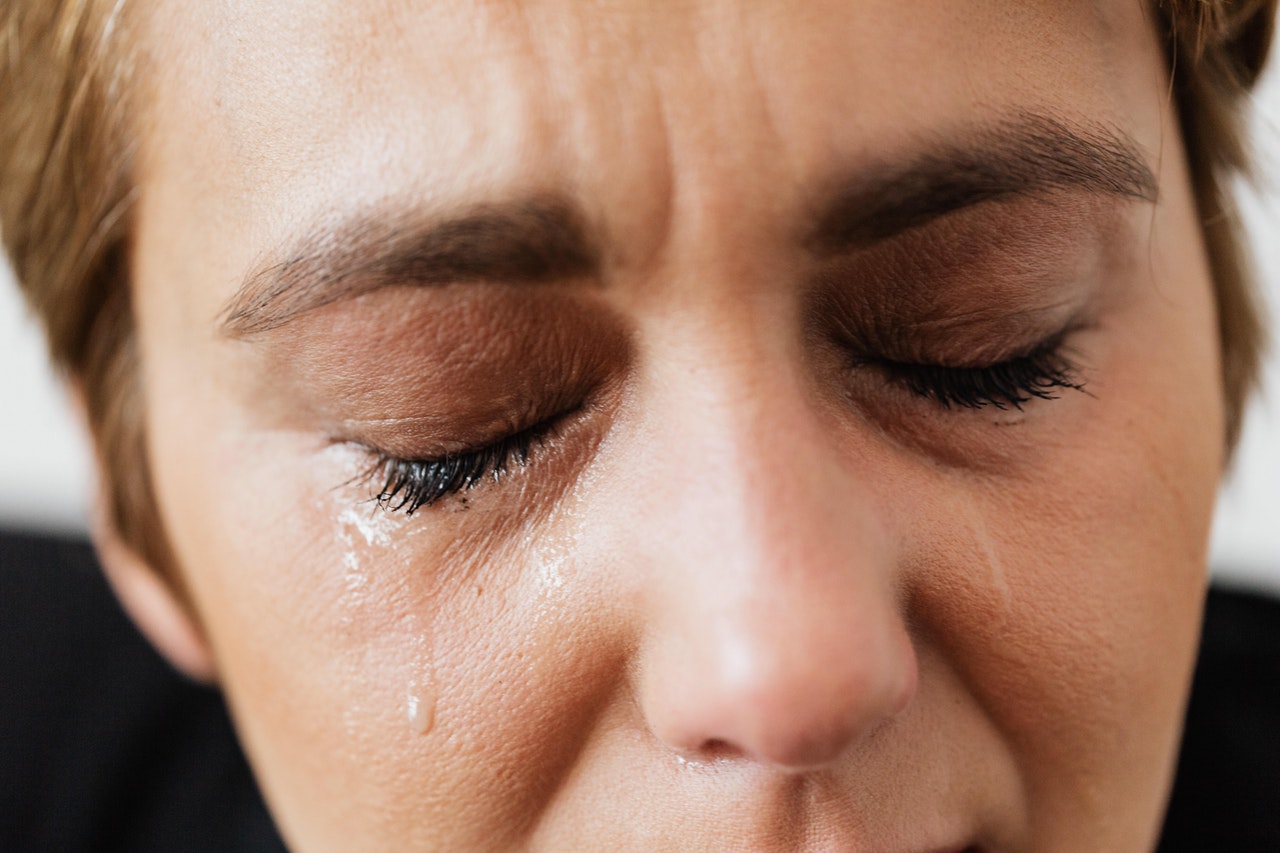
I’m not going to spoil the climax of the film, but I will say that by the end of it all, Adra and Andre were able to resolve some of their problems and return to Malaysia together.
However, in real life, not everyone is lucky enough to have a happy ending. In 2015, the National Health Morbidity Survey announced that 29.2% of Malaysian adults and 12.1% of children were facing mental health issues — a number that the Malaysian Psychiatric Association believes is only the tip of the iceberg.
So How Can I Help?
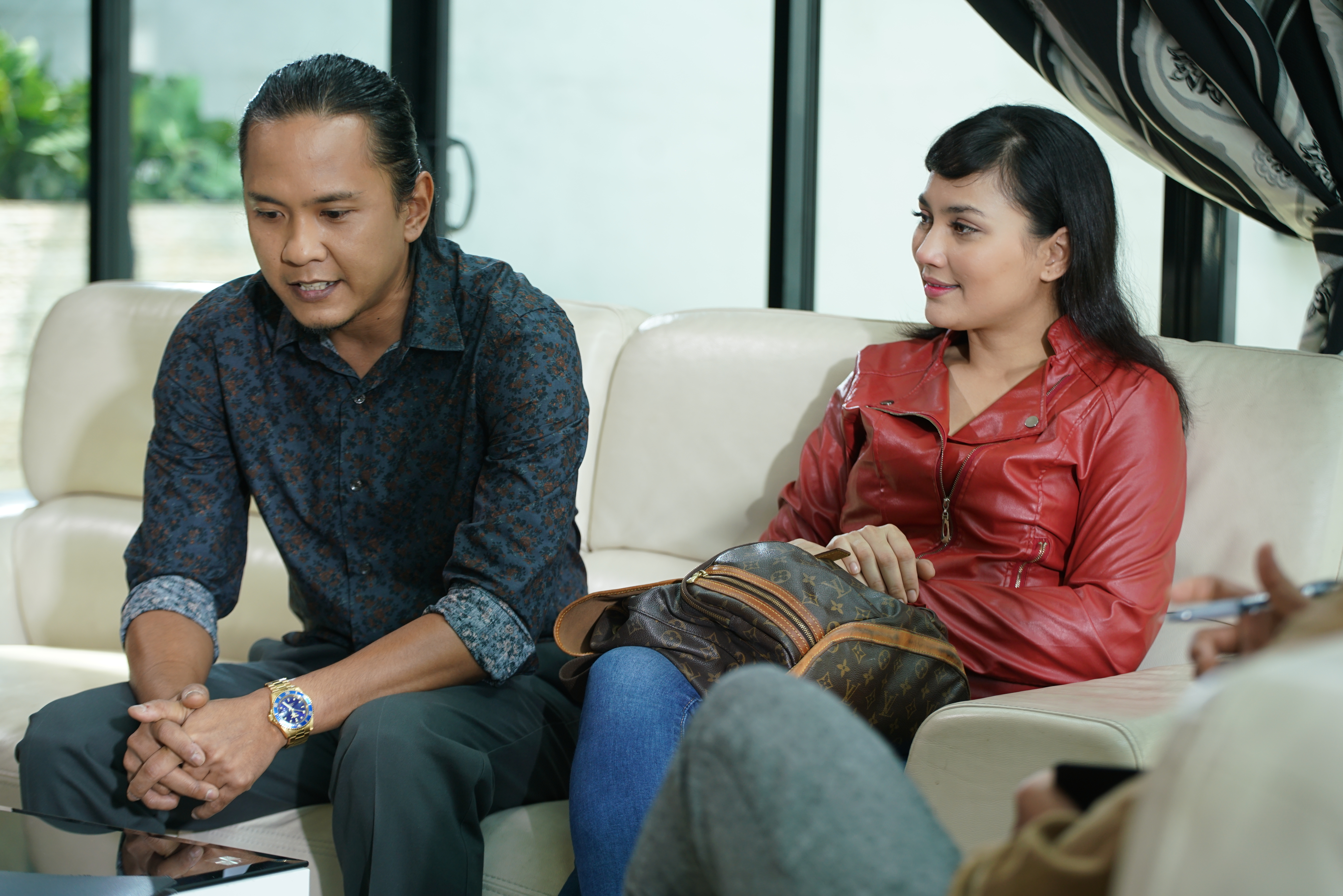
If you believe that one of your loved ones is struggling with a mental illness, here are a few steps that you can take:
1) Educate Yourself
Learning about different mental illnesses helps you to identify their signs and symptoms. This will help to identify any early warning signs and understand more about the kind of problems that your loved one is going through.
2) Be Supportive, Not Judgemental
No matter what your loved ones are going through, it is important to reassure them that you actually do care. Don’t put pressure on them to “act normal” — try to see things from their point of view and be there for them in their time of need.
3) Get Help
If you have a broken arm, you go to a doctor. If your car has broken down, you go to a mechanic. If you have a mental illness, doesn’t it make sense to go to a mental health professional? Don’t be afraid to reach out for help if you believe that you or your loved one is suffering from a mental illness.
If you’re feeling overwhelmed but don’t have anyone to talk to, you can still find help by contacting groups such as the Befrienders KL.
About WeTV iflix
WeTV iflix is a streaming service that sees the creation of premier video-on-demand (VOD) and over-the-top (OTT) local content providers in Southeast Asia. The streaming service provides content from around the region, inclusive of selected Malaysian, Chinese, Indian, Indonesian and Korean series and movies.
Operating as a freemium service, the basic features and most shows can be accessed for free while for an ad-free service with more premium content can be accessed for a small fee. WeTV iflix can be accessed on your browser at iflix.com, or on the application available on Apple Store for iOS users and the Google Play Store for Android users.








